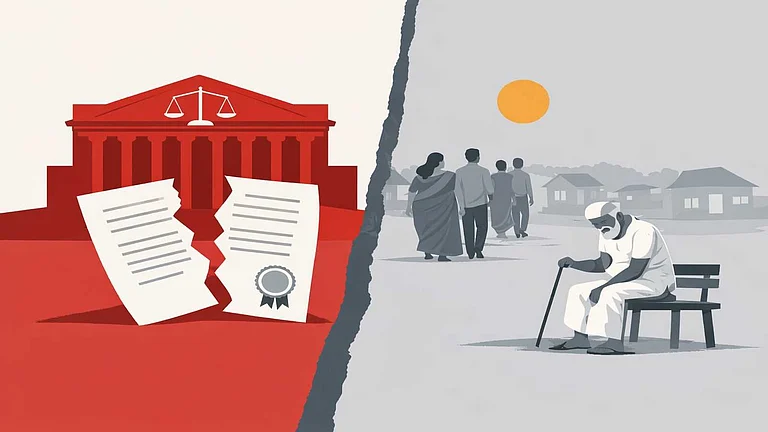Last month the news around increase in premiums on general insurance policies got some of my friends cursing over the renewal premiums going up. I was a silent party to the discussion because I was expecting a much higher premium outgo than the proposed 20-25 per cent increase in premium rates. Let’s face it; price rise is a reality around us and there is little that can be done to check on the rise. However, the government data may state that inflation is under check, the cost of goods and services are on the rise and will remain to be so.
In just the past one month I have come across aggrieved parents cribbing about increase in school fee, a senior citizen crib over higher room rent cost at hospitals and a teenager informing me about her favourite ice-cream cone shrinking in size, even as the cost remains the same. The only way to check on costs is to either compromise on the quantity or quality of service. Now, you could compromise on quantity with something like, say the ice lolly, but I am sure that is not what you would like to do with the room rent when you are hospitalised.
Imagine being downgraded from a private room to a ward, within a span of few days when you are hospitalised, because your insurance cover is limited. Foreseeing the possible higher hospitalisation cost in the future, the insurance regulator IRDAI allows insurers to revise the premium rates once every three years to keep up with medical inflation. Some insurers have not changed the rates in five years and are doing so now.
Curiosity got the better of me and I asked a surgeon in a private hospital on whether the cost of procedures are going down with the government stepping in to fix the cost of stents and medicines. I was not much surprised when he told me that charges on consumables and diagnostics are up and so is the doctor’s visiting fee to compensate for the reduction in rates of stents and certain medication. This is the hospital’s way of ensuring that the costs for some of their planned surgeries and procedures do not go down.
Coming back to those policyholders who will now pay a tad more for their policies and feel that it is unfair, the answer lies in whether they are willing to forgo the policy benefits just because the price has gone up? Do we reduce our consumption of milk when the price of milk goes up once every few months? Do we reduce fuel consumption with rising fuel costs? The answer is no. Treat your health insurance no different from an essential service that you may need when you least expect it.
Insurance is a back-up plan, which provides a financial cushion in cases of foreseeable financial emergencies. Insurance is a bet that every policyholder hopes they do not win—because wining the bet would mean, raising a claim. You cannot afford not to have a policy because the premium rates are going up. Here is one cost where you should not cut corners.













